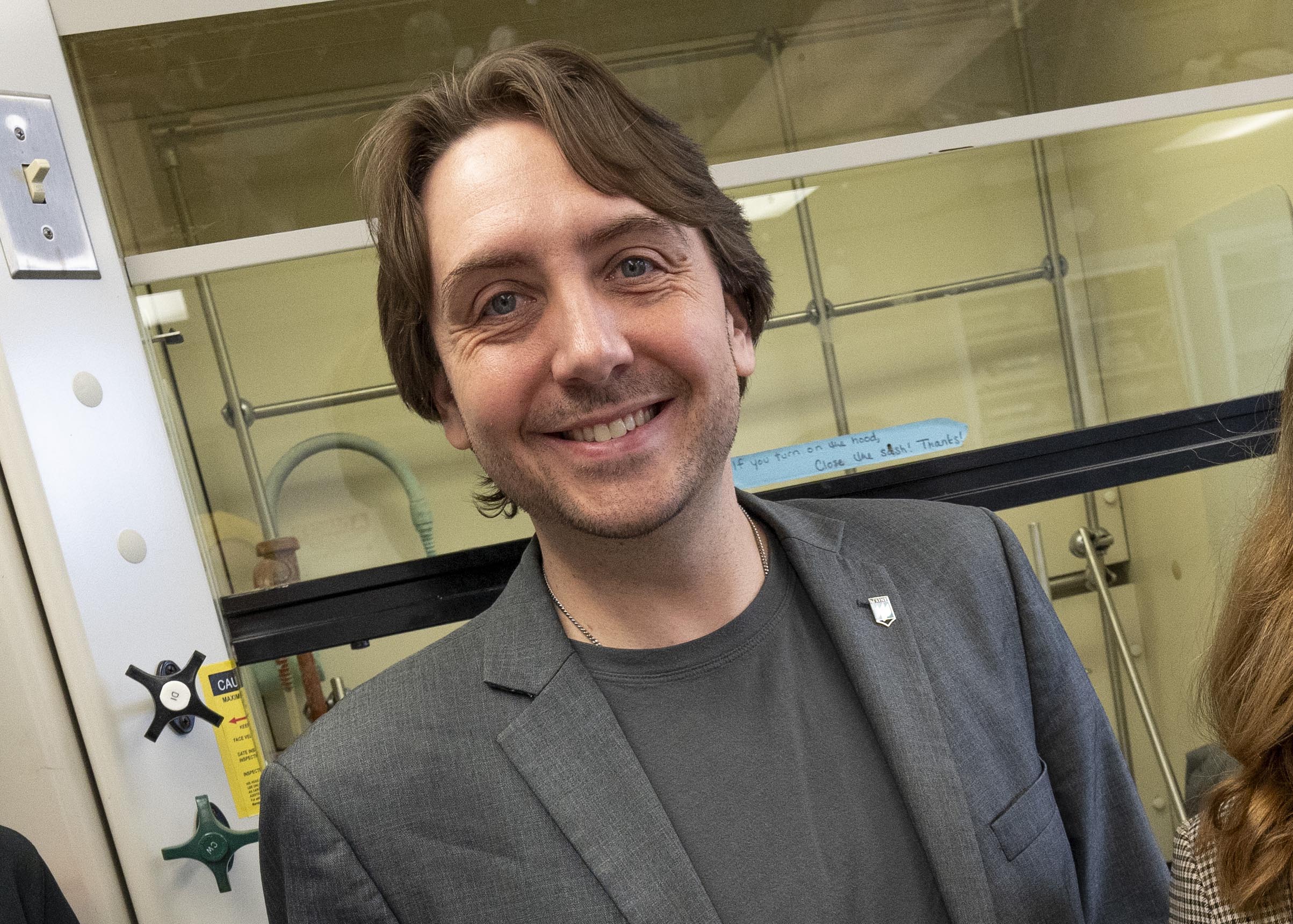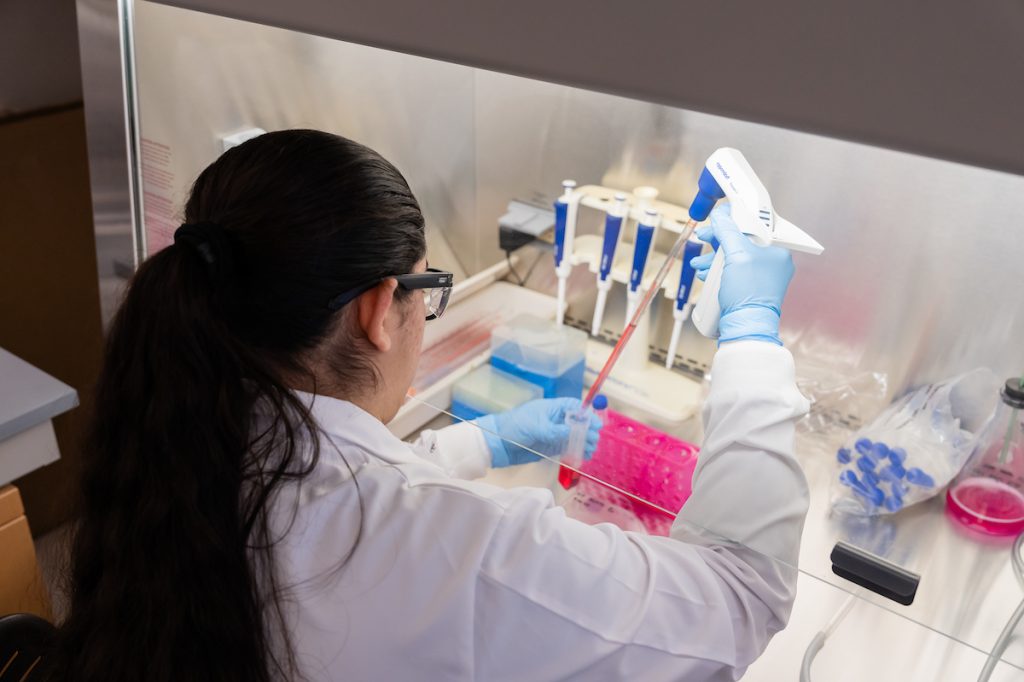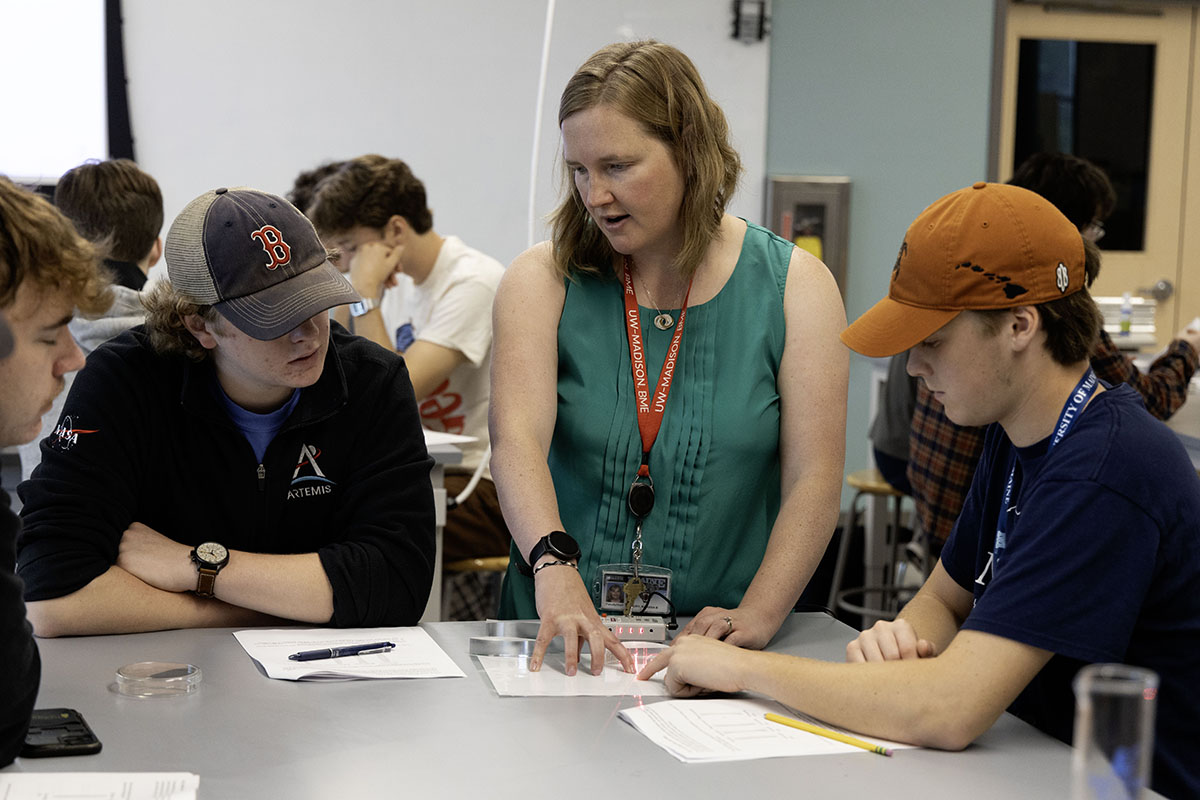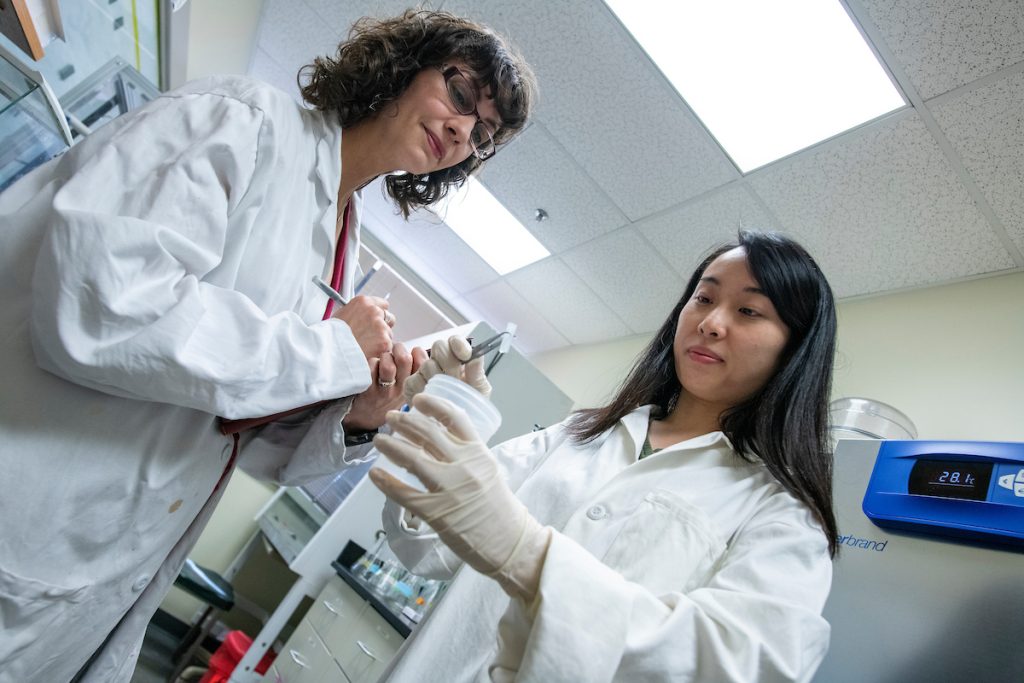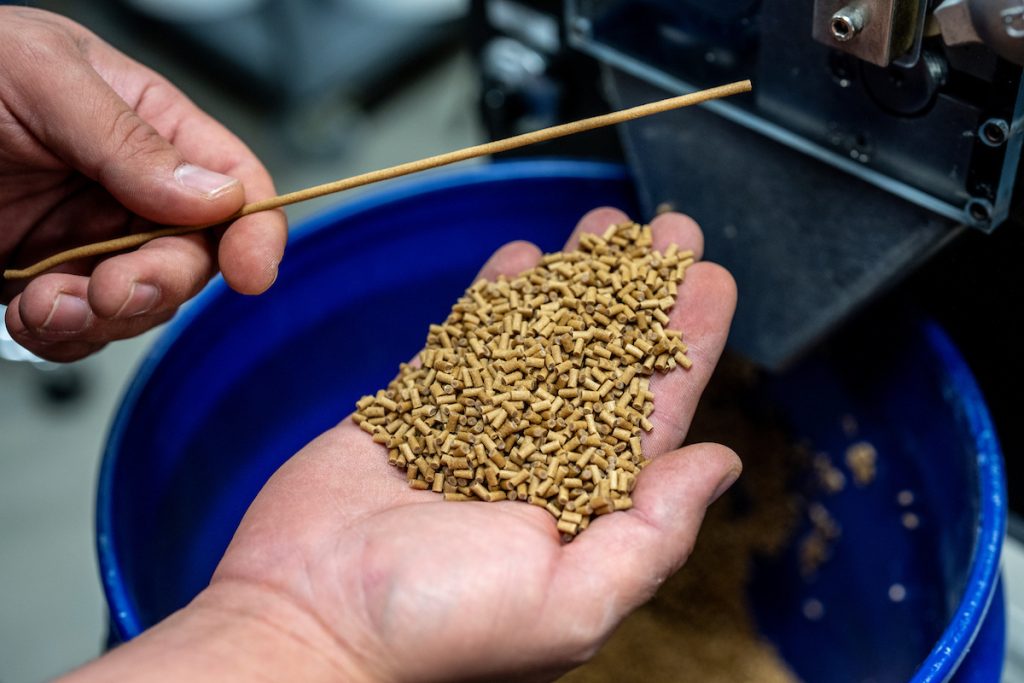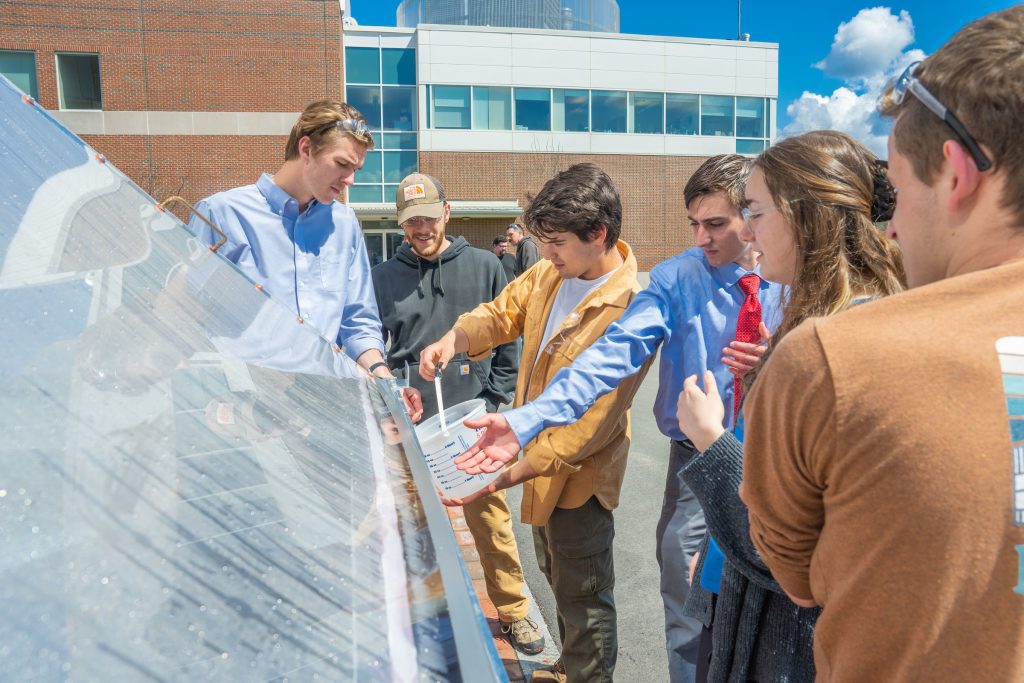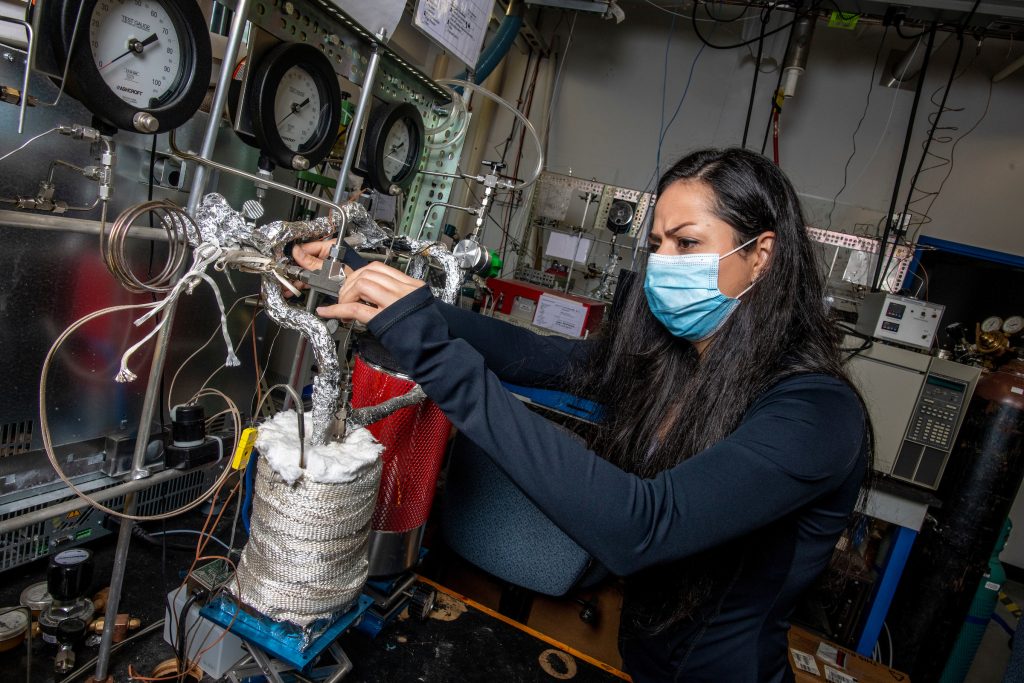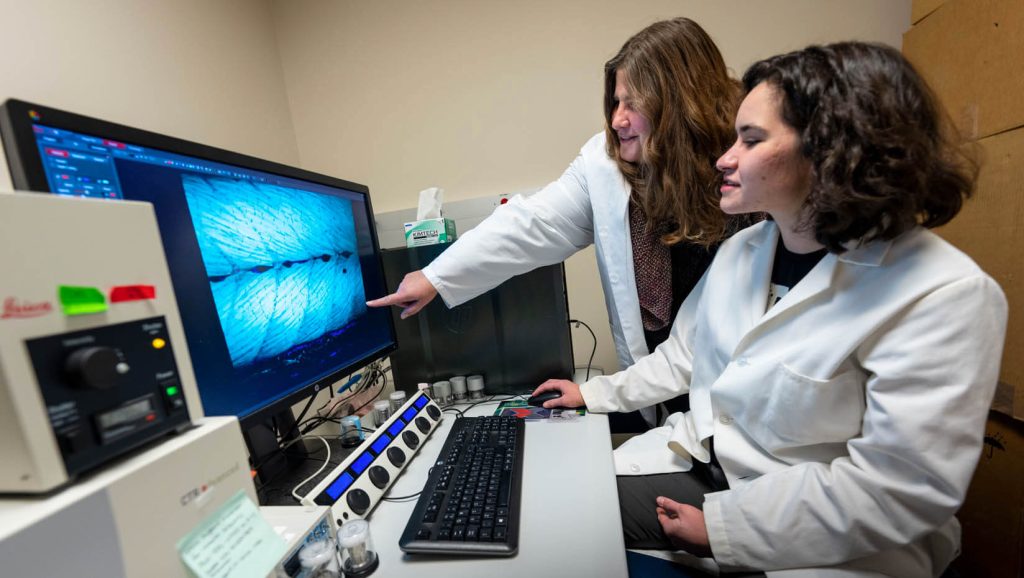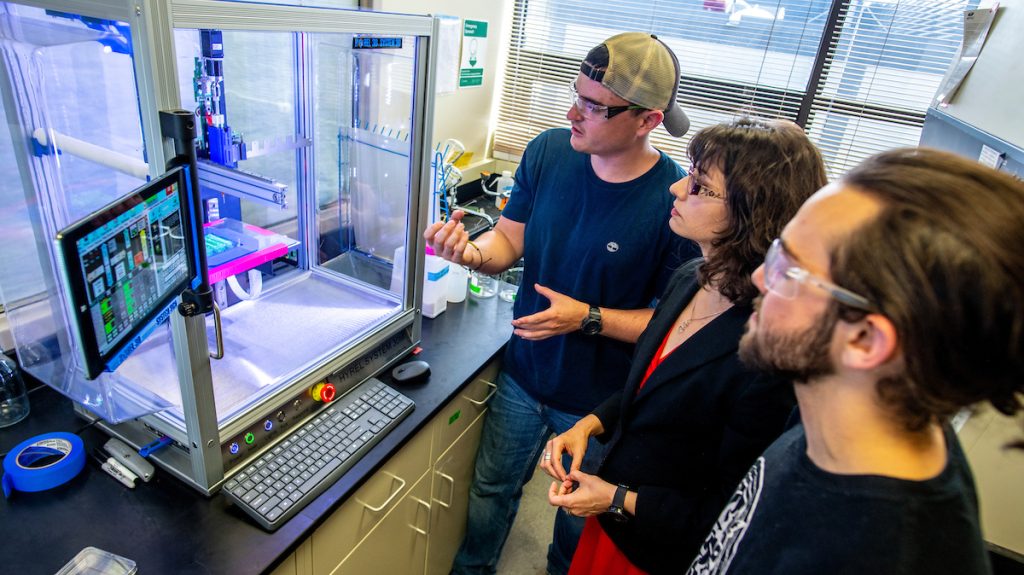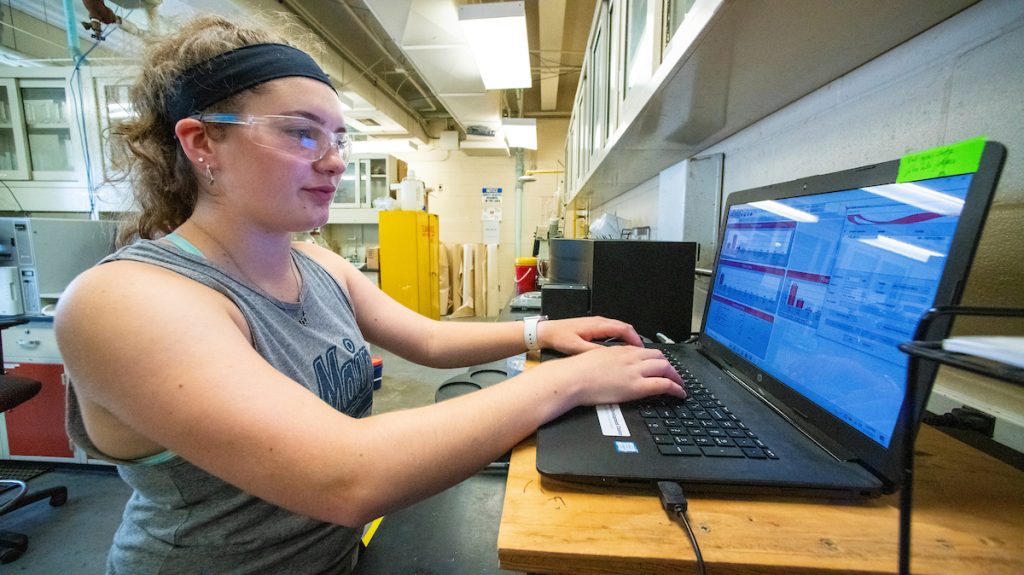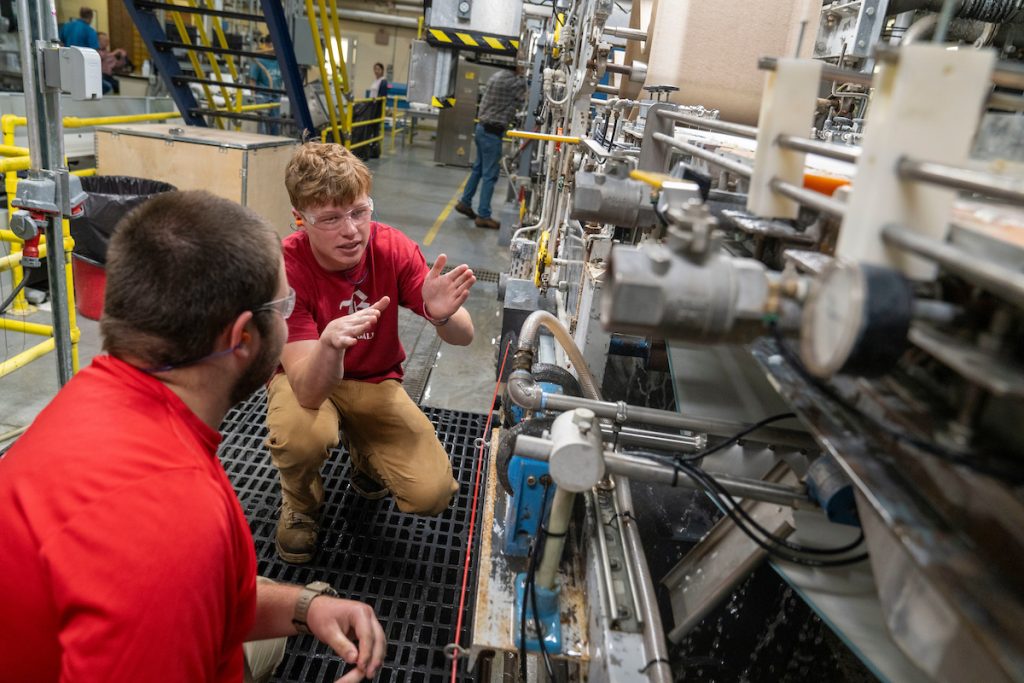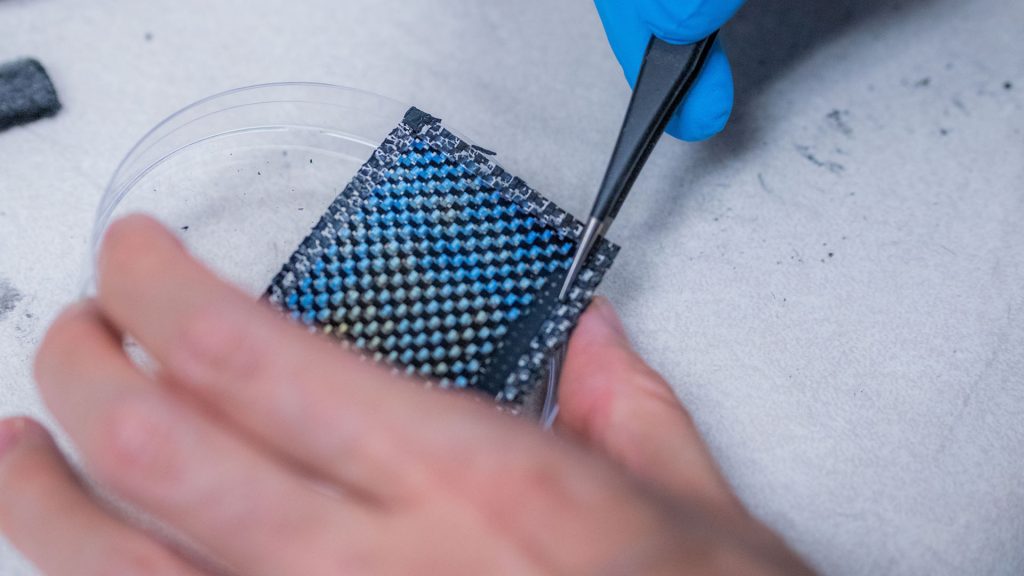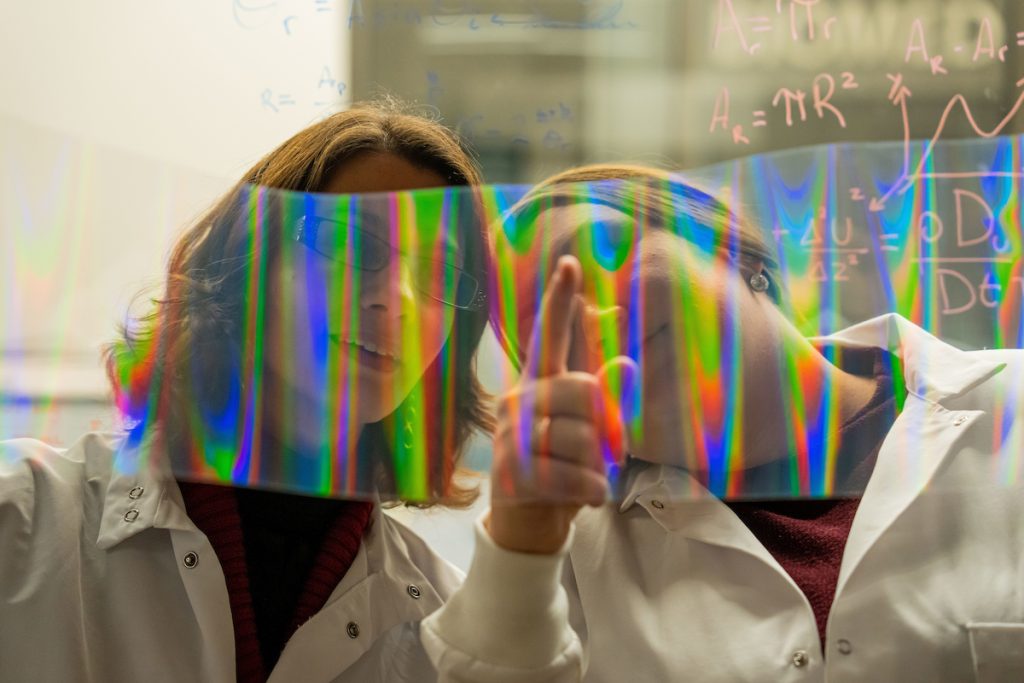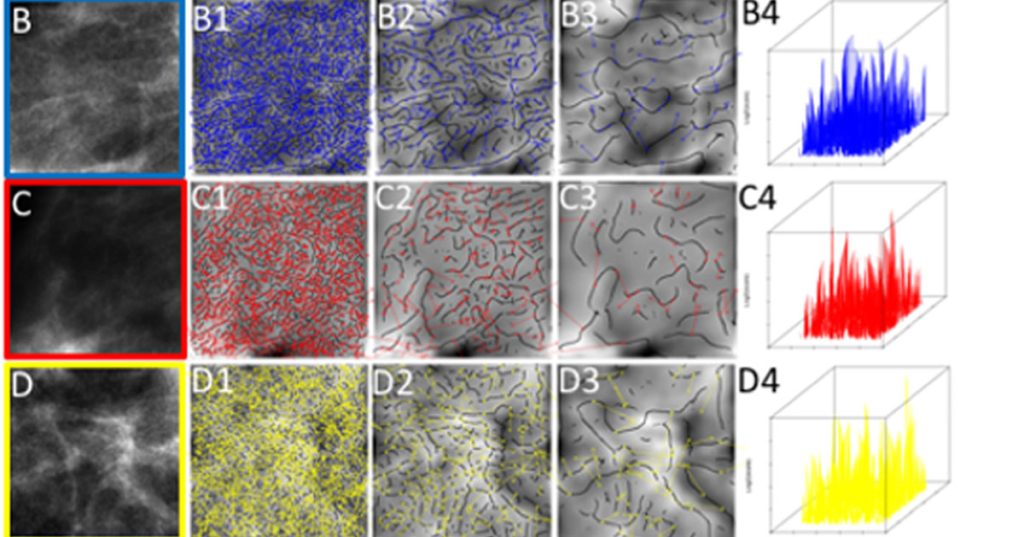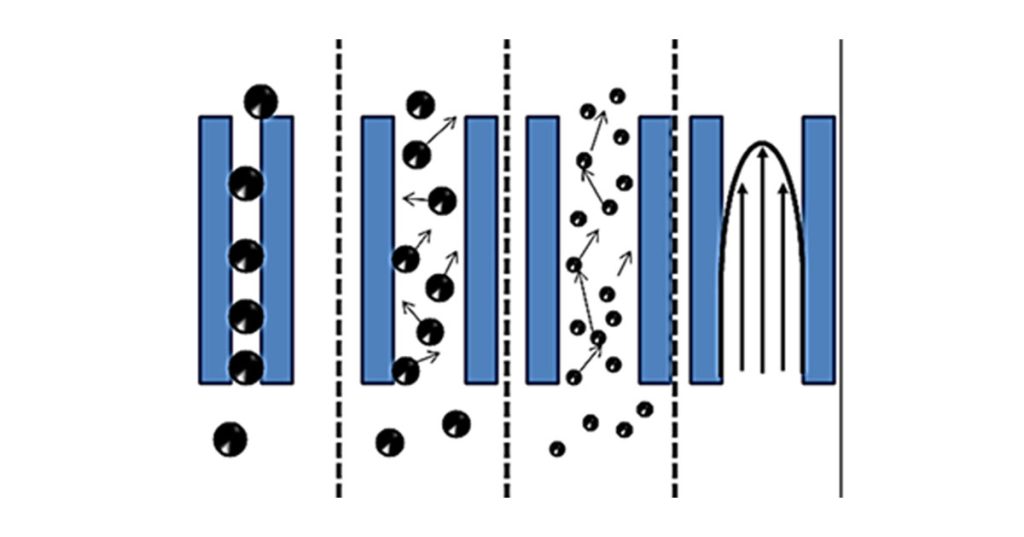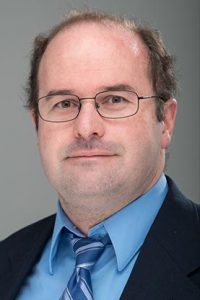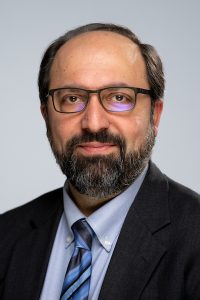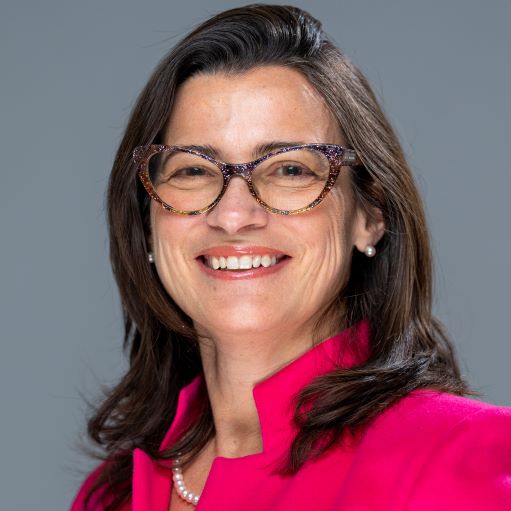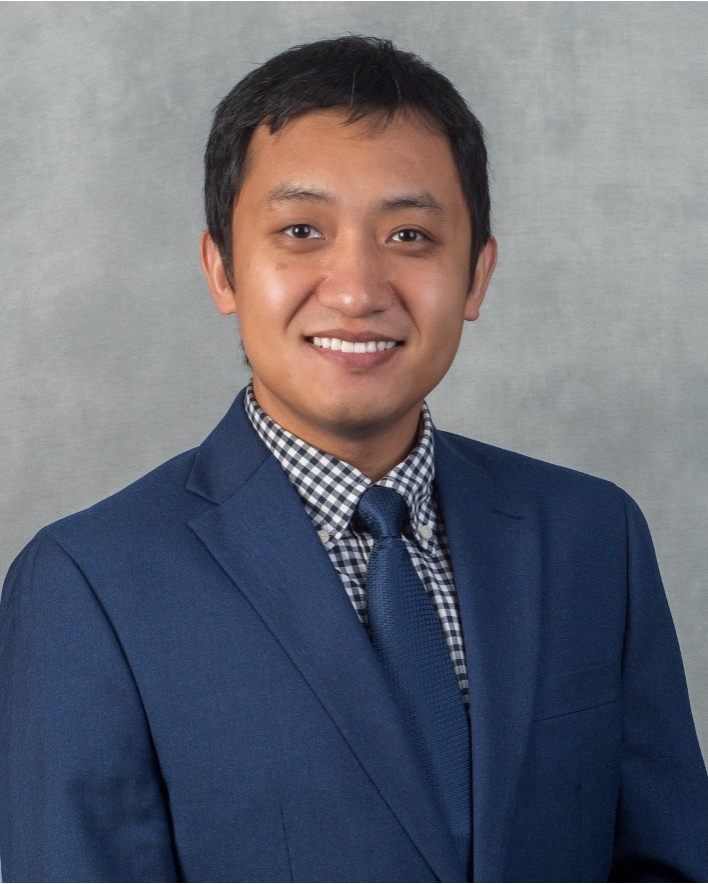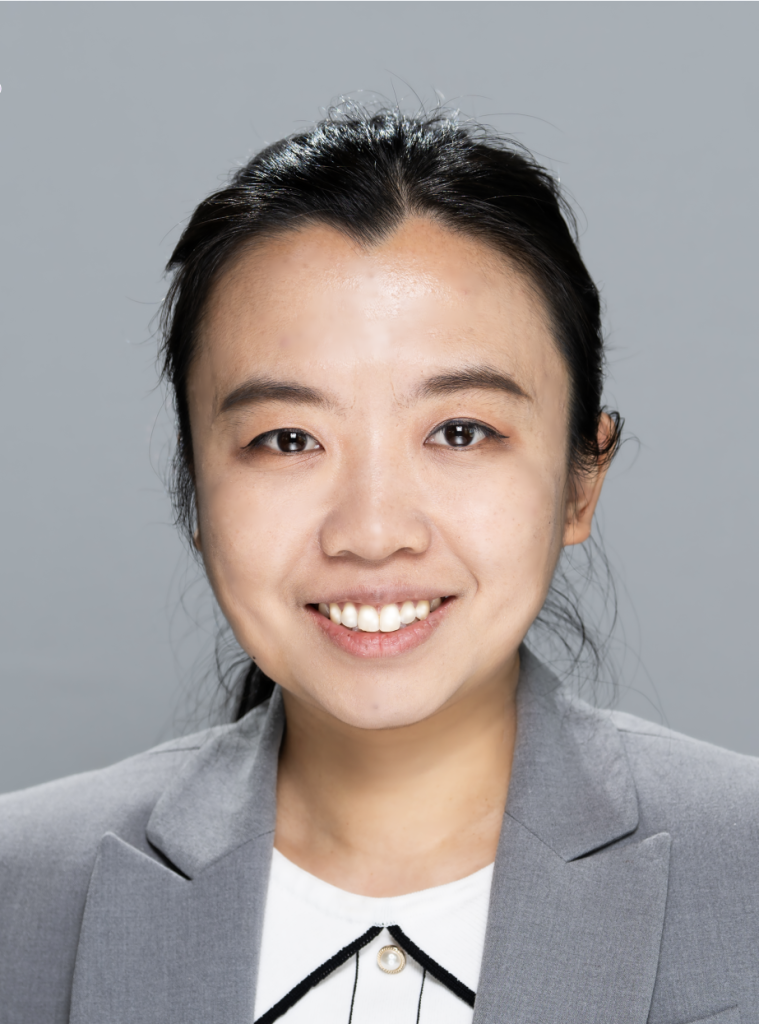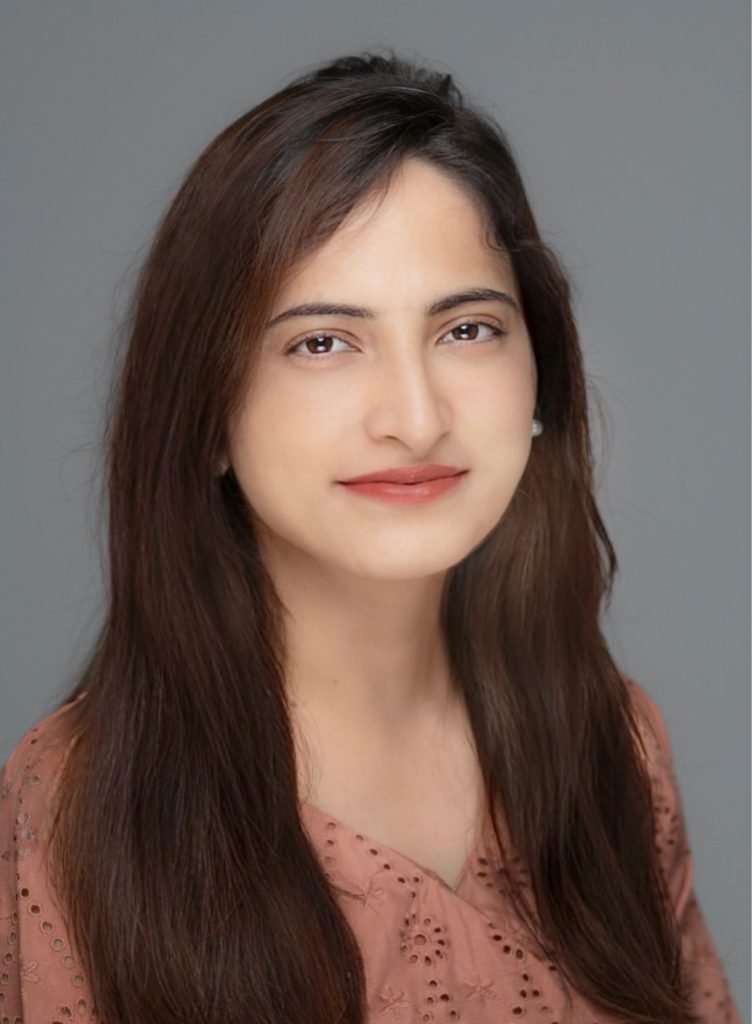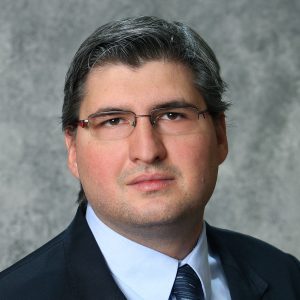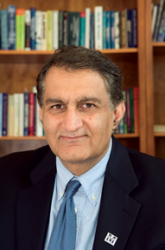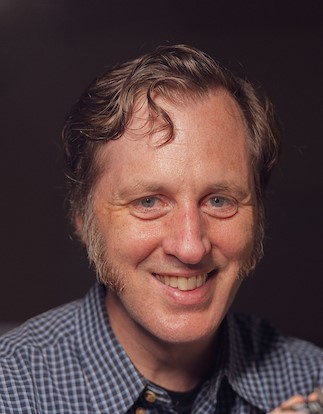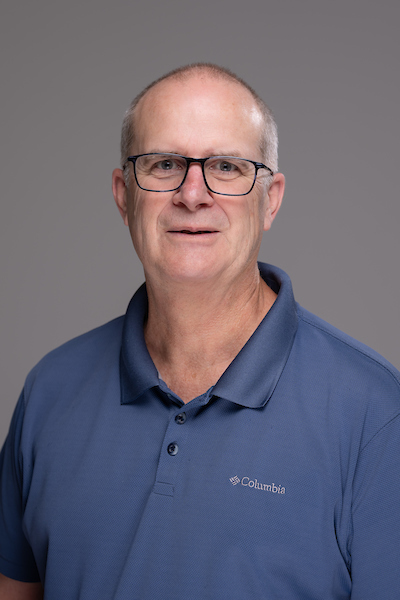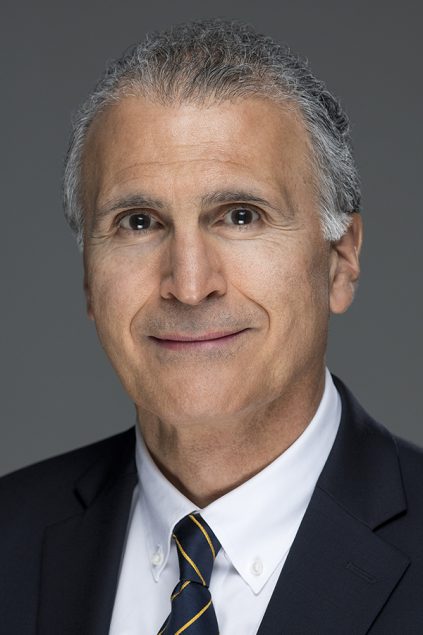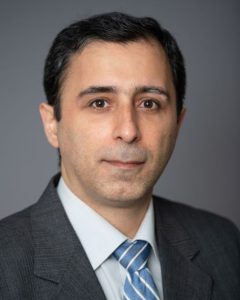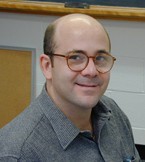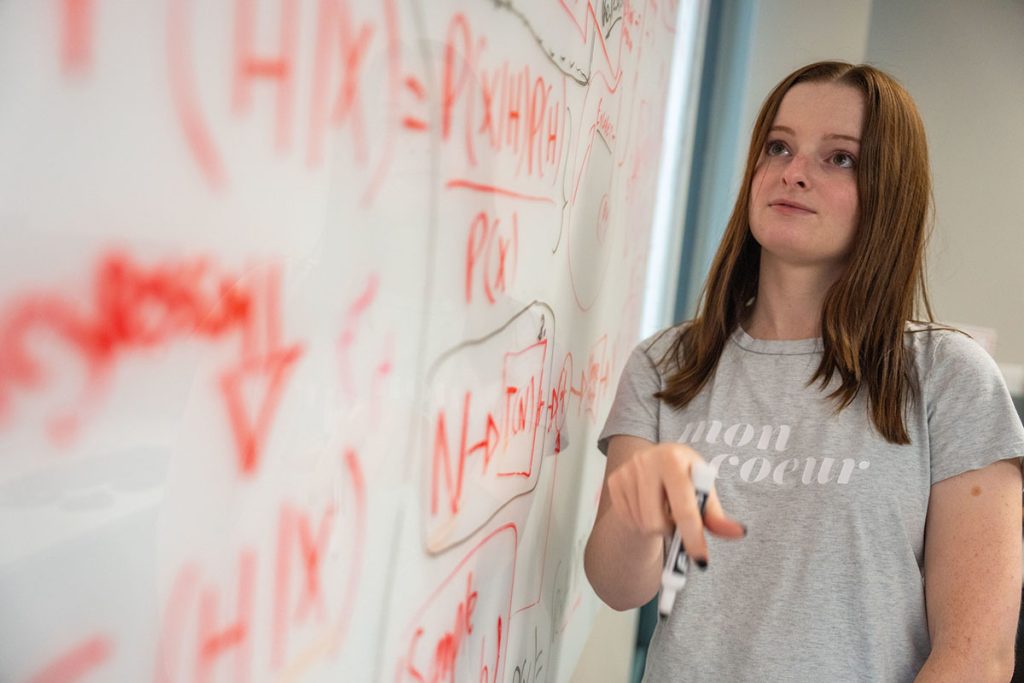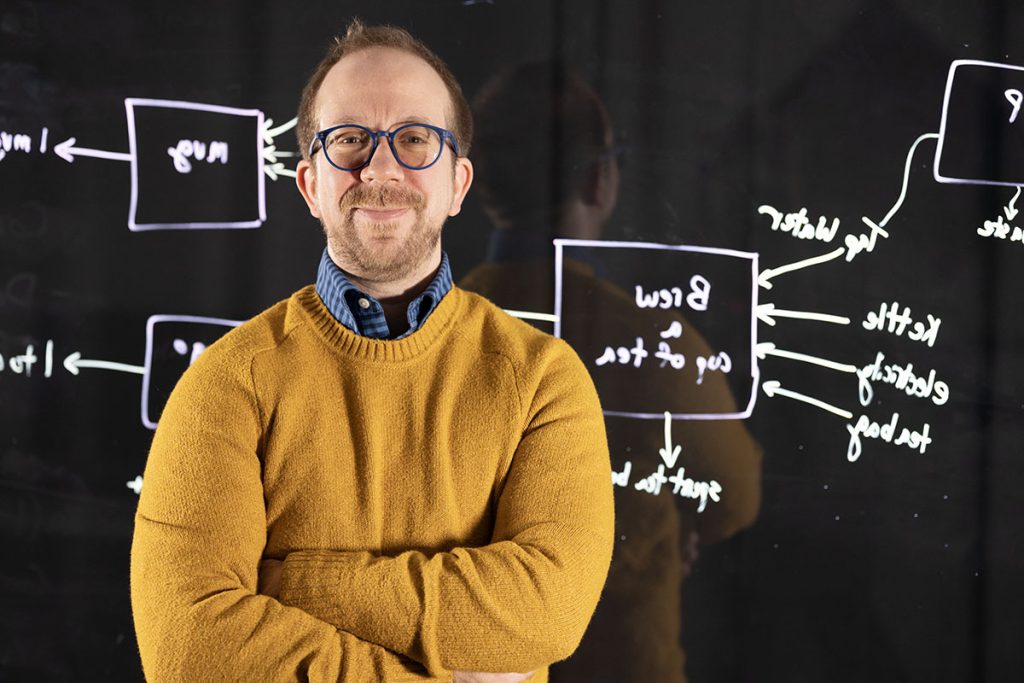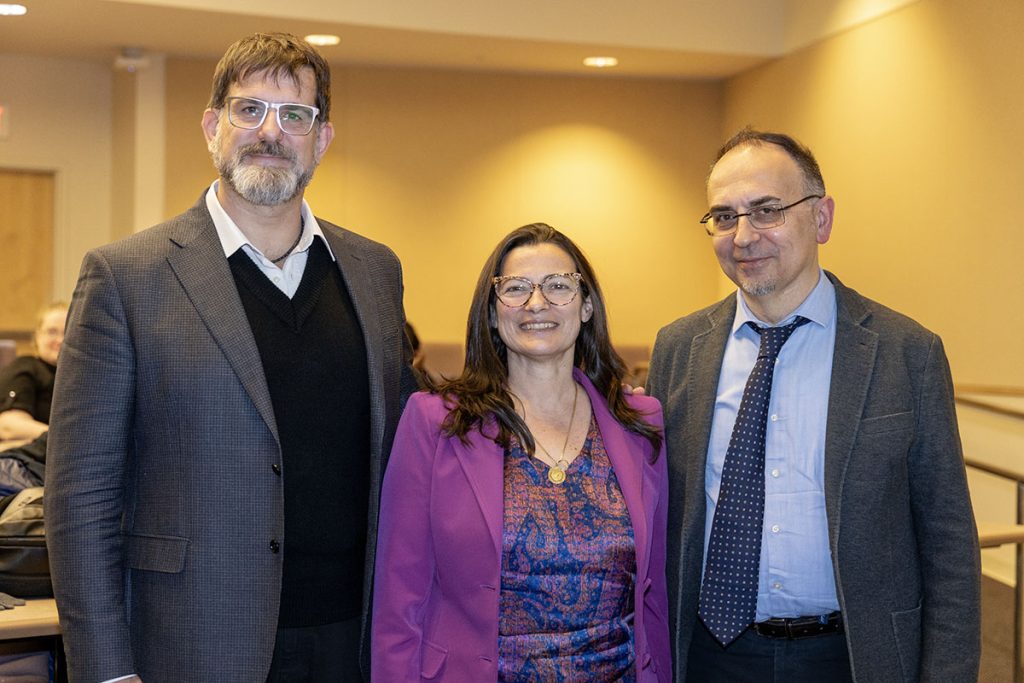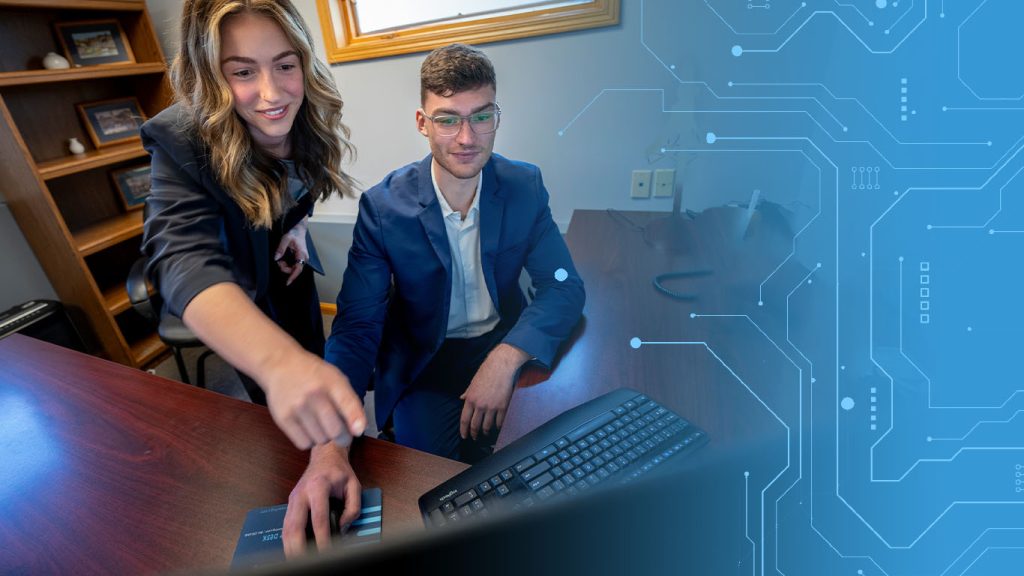Design, analyze, and manage processes that transform raw materials into everyday products like fuels, plastics, and pharmaceuticals. With hands-on projects, state-of-the-art techniques, and personalized mentoring, students gain the skills to solve real-world challenges and make a meaningful impact.
Internships
Programs
Starting Salary
Another stat
Program Offerings
Undergraduate Level:
Bachelor of Science (B.S.) Degree in Chemical Engineering
Concentration: Pulp & Paper Management Certificate Concentration
Graduate Level:
Masters of Science in Chemical Engineering
PhD in Chemical Engineering
Paper Surface Science Graduate Program
chemicaL Engineering Overview
The University of Maine’s Chemical Engineering program prepares students for dynamic careers by combining a strong foundation in mathematics, physics, and chemistry with advanced studies in engineering principles. Students learn to design, operate, and manage chemical processing systems to produce essential products such as fuels, semiconductors, and pharmaceuticals that improve everyday life.
The program emphasizes real-world problem-solving through laboratory work, design projects, and collaborative research opportunities. With small class sizes, personalized academic advising, and access to cutting-edge technology, students receive individual attention and hands-on experience. Through UMaine’s cooperative work experience program, students gain paid, practical training with industry leaders.
Graduates are equipped to succeed in diverse fields including engineering, business, and healthcare. The program also meets prerequisites for professional pathways such as medical and veterinary school. With opportunities to work on groundbreaking projects like biofuel development, cancer imaging technologies, and molecular biosensors, UMaine chemical engineering students are empowered to drive innovation and transform industries.
Program Objectives
Our objectives are that in the time frame of three to five years after graduation our students will:
Hold positions that utilize their engineering training and have advanced in their job responsibilities, or be pursuing postgraduate education
Be working as engineering professionals, act ethically by adhering to standards and being committed to the health and safety of employees and the general population
Be pursuing innovative solutions to current societal challenges and continue to improve themselves through a variety of learning opportunities
Contribute to their employer and society by working effectively in the global economy, contribute to professional, civic, or governmental organizations, be leading or working collaboratively in teams, and be communicating with diverse groups
Student Outcomes
Upon completion of the program, our students will possess:
Upon completion of the program, our students will possess:
- An ability to identify, formulate, and solve complex engineering problems by applying principles of engineering, science, and mathematics.
- An ability to apply engineering design to produce solutions that meet specified needs with consideration of public health, safety, and welfare, as well as global, cultural, social, environmental, and economic factors.
- An ability to communicate effectively with a range of audiences.
- An ability to recognize ethical and professional responsibilities in engineering situations and make informed judgments, which must consider the impact of engineering solutions in global, economic, environmental, and societal contexts.
- An ability to function effectively on a team whose members together provide leadership, create a collaborative and inclusive environment, establish goals, plan tasks, and meet objectives.
- An ability to develop and conduct appropriate experimentation, analyze and interpret data, and use engineering judgment to draw conclusions.
- An ability to acquire and apply new knowledge as needed, using appropriate learning strategies.
Pulp & Paper Foundation
The University of Maine Pulp and Paper Foundation supports aspiring engineers studying at the University of Maine who are interested in pursuing careers in the paper industry.
Through financial assistance, networking opportunities, and expert guidance and support throughout their academic careers, each student graduates with a competitive advantage—and a job.Learn more button to PPF
Department Information
Department Chair: Gerard Van Walsum
Department Administrator: Cathy Dunn
Chemical and Biomedical Engineering
Jenness Hall, Room 117
Orono, ME 04469-5737
Tel: 207-581-2277
Fax: 207-581-2323
Biomedical & CHEMICAL Engineering Research
The Biomedical & CHEMICAL Engineering Department provides opportunities for undergraduate and graduate students for research in a wide variety of areas. Explore eaCH AREA and associated faculty members.
Our Faculty and Staff
At MCEC, our faculty is the heartbeat of our academic community. Dedicated, inspiring, and deeply knowledgeable, our professors go beyond the traditional classroom experience to foster real-world skills and a passion for learning. Whether mentoring, leading innovative research, or providing personalized support, our faculty members are committed to empowering students to achieve their highest potential

